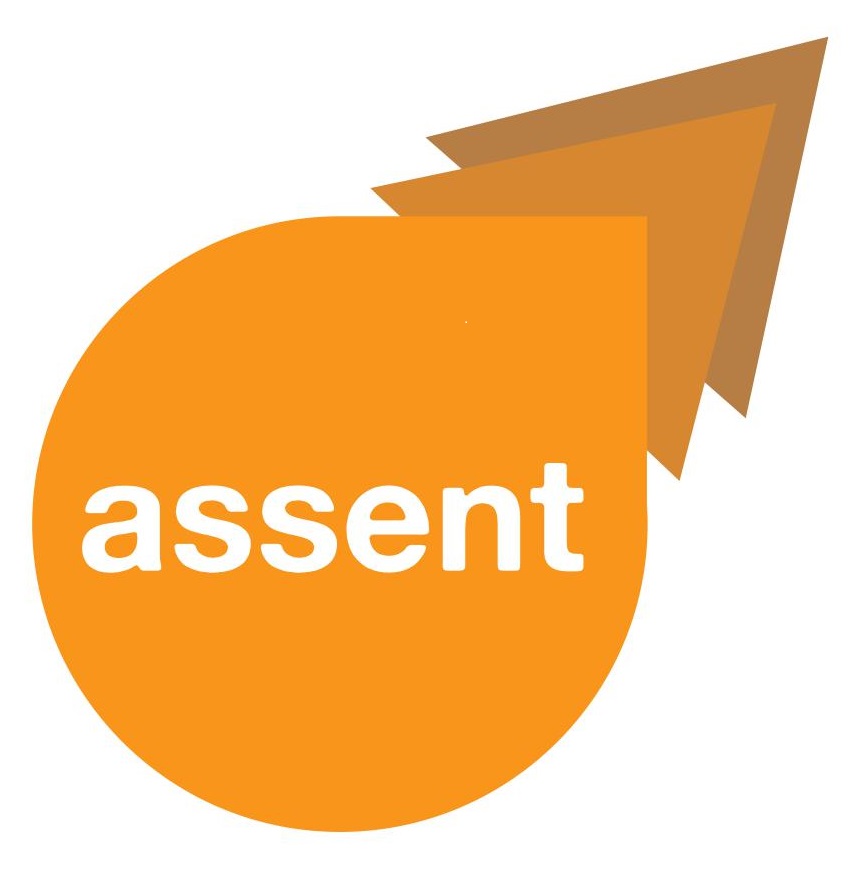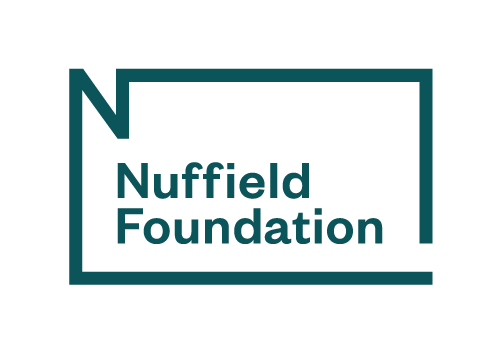Including adults who may lack capacity and/or may have communication difficulties in ethically-sound research

Research involving human beings is essential for developing new knowledge. Gaining informed consent is one of the prerequisites of such research. As people live longer, so the number of people who have dementia or who have had strokes rises. Improved neonatal care means that premature babies are also surviving in greater numbers, with an associated risk of developmental disability. All this means that the number of vulnerable people who require some kind of support in decision-making is increasing.
The big ethical question is whether it is appropriate to include such people in research. We have legal, ethical and regulatory frameworks governing capacity and consent that are provided for under the Mental Capacity Act (MCA: 2005). However, the process becomes complicated when there are questions about a person’s ability to give informed consent. It may even lead to the exclusion of certain individuals and groups, meaning they are under-represented in research. This in turn may negatively impact the development of medical, educational and social interventions.
Project ASSENT was conducted over 4 years (2018-2022). It was defined by 3 related stages:
Stage 1: the ethico-legal landscape in England and Wales;
Stage 2: current practice in the development and ethical review of research;
Stage 3: development of guidance that provides enhancements to the MCA Code of Practice within the context of existing legislation.
Our end of project reports are available for download on this website under 'documents'.
Get in touch
If you would like further information on our project, please send an email to Karen Bunning at K.Bunning@uea.ac.uk with your name, area of work/interest and contact details.
We will send you our bi-monthly newsletter and keep you informed of project updates.
Follow @AssentProject on X (formerly known as Twitter)
Project Partners




:focus(2276x859:2277x860))